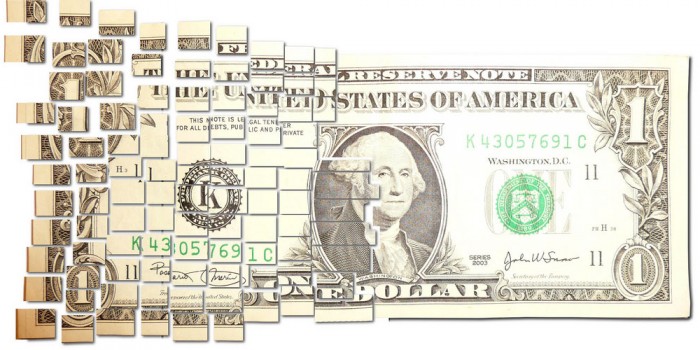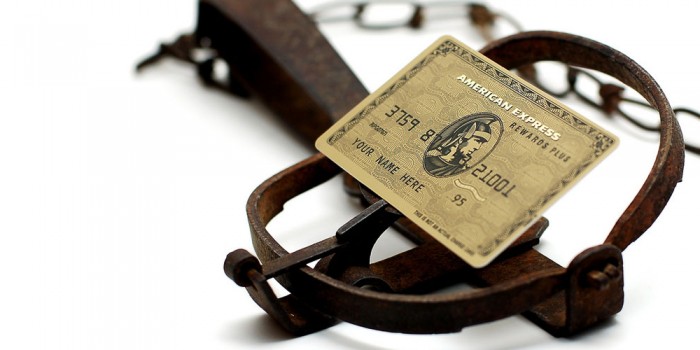Despite the millions spent on market research, there is relatively little effort made to gauge the value of that investment. For the most part there is a default assumption, a belief, that asking people questions is a valid and useful thing to do (it often isn’t). One of the foundations of behavioural insight is that, with the precarious nature of the unconscious mind factored in, studies tend to be designed to isolate one or two variables, thereby proving their effect statistically-speaking (within the context of the study). Those that argue that market research also has statistical reliability at its core make a simple but crucial error: the base data to which those statistical processes are applied is unreliable because of the space that exists between the conscious and unconscious mind (something I call ‘The Mind Gap’). One study set out to go beyond identifying unexpected influences, and sought to put […]






Recent Comments